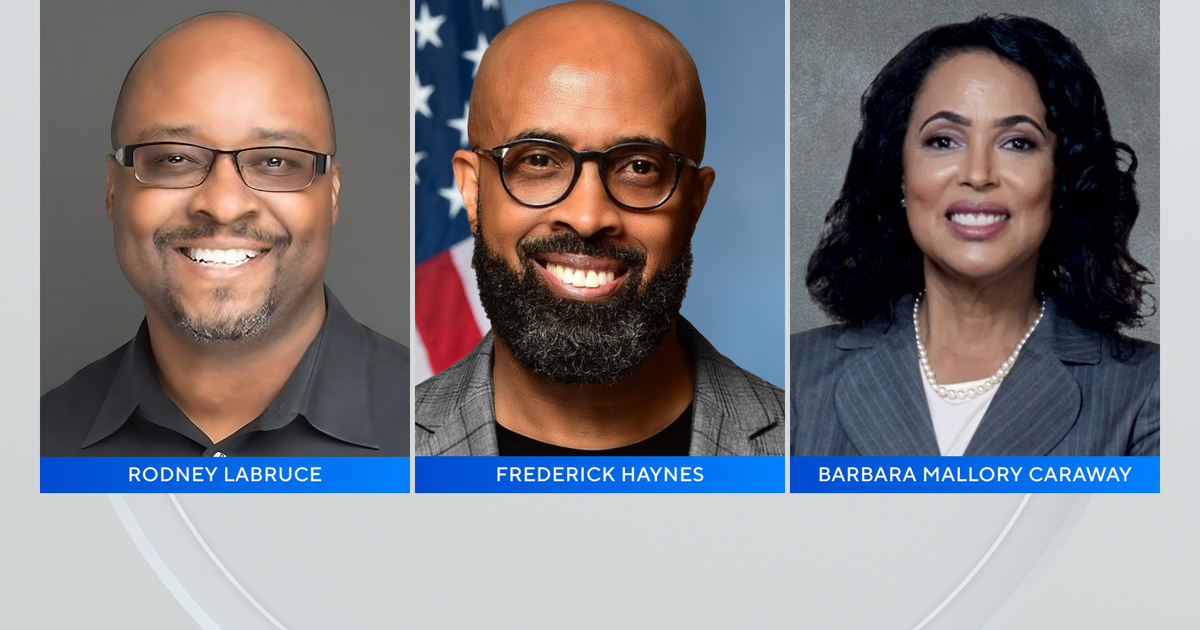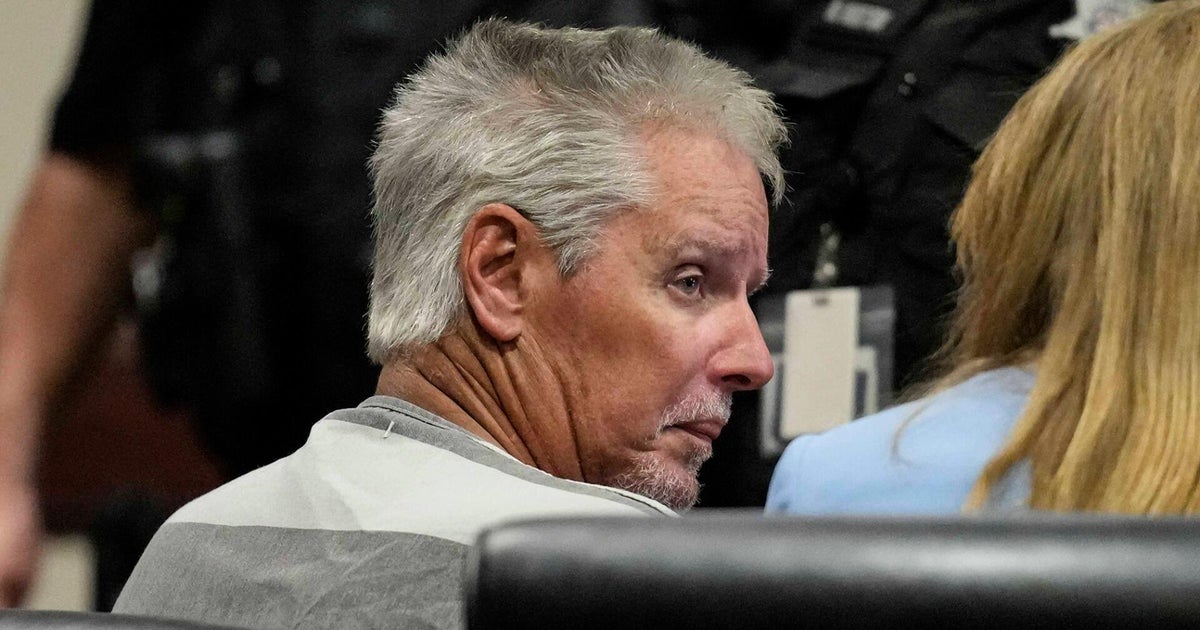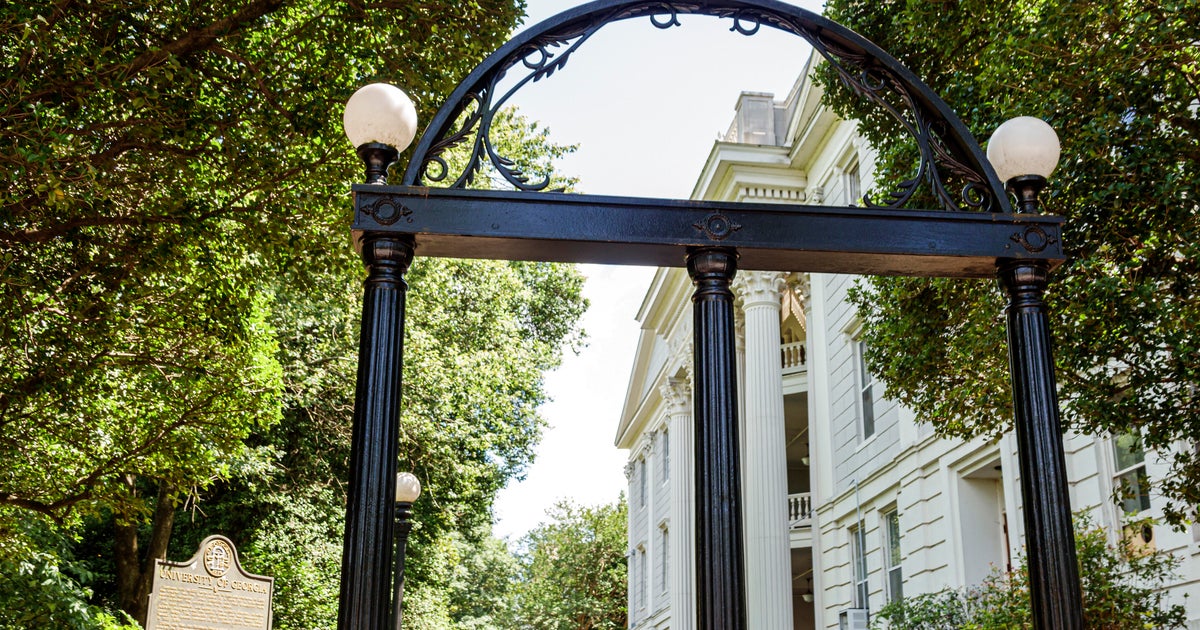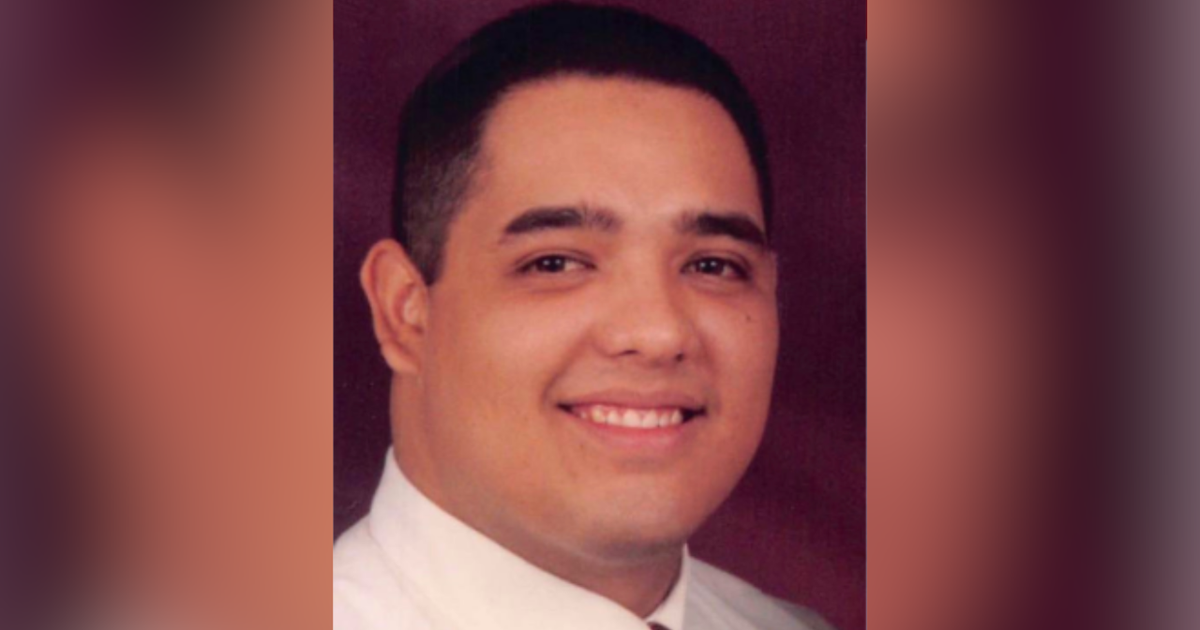CU Law Professor analyzes elections case before US Supreme Court
The U.S. Supreme Court on Wednesday December 7 will take up a case - Moore v. Harper - focused on what the U.S. Constitution means when it assigns state legislatures the task of regulating elections. It is a case that has many observers talking about its implications for our democracy.
CBS News Colorado's Tori Mason interviewed University of Colorado Law School Professor Doug Spencer to analyze the case's significance. Professor Spencer said the case asks the court to reevaluate its own precedent, including several decisions it's made over the past 100 years interpreting the Constitution.
Spencer said, "The U.S. Constitution says that the time, manner and places of holding elections shall be decided in each state by the legislature thereof, and the argument is that because the word legislature has been identified, only a legislature should be able to make election laws. So in North Carolina, the legislature there passed a new set of congressional districts. It was struck down by the state Supreme Court as being a gerrymander. The state Supreme Court said gerrymanders are unconstitutional and the state legislature then has appealed this to the U.S. Supreme Court and argued that the state Supreme Court has no authority to make a decision in this case because they're not a legislature. And the Constitution gives the legislature sole authority."
The professor continued, "If the U.S. Supreme Court says that state legislatures have sole authority to make election laws it would throw our entire system into chaos. Nearly every election law that we know is not passed by a state legislature. Independent redistricting commissions, where your polling place is, the time of your polling place, the kinds of machines that you use, all of these decisions are made by a Secretary of State, maybe a county clerk. So everything that we know about how elections are run would be thrown into disarray and state legislatures would have to step up. We'd also see gerrymandering become far more common and far more extreme." This could happen explained Spencer because state legislative election rules would not be subject to state judicial review, unless specifically required by the legislature.
Mason asked Professor Spencer how Colorado might fare given the outcome of Moore v. Harper. He said, "I think we're really lucky in Colorado because our state legislature has been active in developing the election rules that we have so we won't feel the pinch of this like we might in other states. Even our independent redistricting commission was created by an act of the state legislature so it would survive and our state Supreme Court has a say because the legislature has ceded that authority to them."







